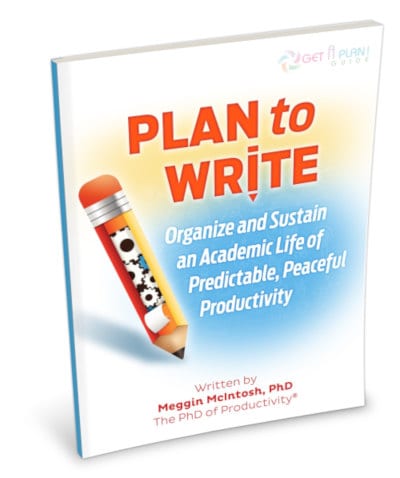Ten Be-“Attitudes” of Completing your Dissertation or Writing Project by Carnelius Gilder
Getting to the finish line of your dissertation or major writing project is, at the very least, a very cumbersome and overwhelming task with many moving parts. The following 10 tips can be functional for writing or prioritizing steps to any major project that you may have.
- Be Present: Your focus needs to be set on making gains with your dissertation. Prioritize your goals and determine where your dissertation (or project) fits in your big picture. Govern yourself based upon the prior decision. Give your project the time it needs to not become one of the lost files on your computer or collecting dust in a file cabinet somewhere.
- Be Possessive: As you go forth in tackling your project, you need to own your project! Don’t allow random people or menial tasks to consume your time and energy from the primary goal at hand: getting finished! Go to or FIND your writing place and be productive. I found out very quickly that home wasn’t the place for me. I’d start a load of laundry or answer the front door and time would magically disappear. I love to think of this process as a race: your friends, family, and LIFE will meet you at the finish line to cheer your success!
- Be a Planner: In a seminar from a more seasoned writer, I learned of the concept of creating a writing appointment. Planning writing appointments alone or with a writing group helped her to be more effective in getting projects done. I have since begun to make appointments to write. Why not? We make appointments for everything else that is important in our lives. Make the appointment on your calendar, set an alarm, and don’t miss it!
- Be Prompt/Punctual: As discussed in Step 3, it is very important to be an effective planner. Any time that you have an appointment with your coach, writing group, or adviser, please be on time! Creating a culture of healthy habits such as reporting to meetings, writing sessions, and appointments on time enhances productivity and further reiterates priority and importance in the task at hand.
- Be Positive: The old cliché comes to mind, “your attitude determines your altitude.” Maybe it’s just my personal attitude toward life, but I believe that the more positive you are about writing the project, the better life will be as you attempt to get through it, and on the other side of it!
- Be Purposeful: Your intent and purpose become evident in your actions. Be sure to align your goals with your daily living. If you have time, write. If you find time, write. If you have ideas, write. If you are drawing a blank, write something until you are able to write!
- Be Prepared: A timeless mantra: “By failing to prepare, you are preparing to fail.” I find myself making notes in church during the sermon, at work while working on other projects, and sometimes I have to stop while driving. But, overall what has worked best for me is a cloud-based file that I can type in from my laptop at home, my desktop at work, or my phone. As mentioned earlier, I also keep a notepad and a pen handy because I would hate for an epiphany to become lost in the abyss because I was unable to jot down a note!
- Be Passionate: There is nothing like a project that you find is boring or doesn’t serve some sort of purpose. In cases where you have the autonomy, use it wisely, and choose topics or projects that mean something to you. In the long run, you want to add to the body of research and/or practicality of humankind. Create work that you are able to finish and that won’t collect dust after it becomes publishable.
- Be Proficient: Do some networking and find a system that works best for your writing. For me, just writing it down first works. Editing comes later. In Ann Lamott’s Bird by Bird she very clearly discusses “sh*tty first drafts” and the awesomeness that comes from second and third drafts. There’s always time for perfection later, just get it down on paper initially.
- Be Persistent: Don’t give up! This is a very difficult and tedious process, but it won’t last forever. Push through the noise, the distractions, and the anxiety to the finish line! Divide your work into chunks, then bites and start eating!
Happy Writing!
©Carnelius D. Gilder. Carnelius is currently a graduate student at Sam Houston State University and a Texas school administrator. He is also the founder and speaker/trainer/coach of Champion Development and Growth Academy. To learn more about Carnelius, visit his webpage, www.breadspeaks.com.
What if you could organize and sustain a joyful academic life of peaceful, predictable productivity? This life – of course – includes getting your writing done.
It is possible.
Access the Get a Plan! Guide® to Plan to Write and discover the strategies to organize and sustain a joyful academic life of peaceful, predictable productivity.





